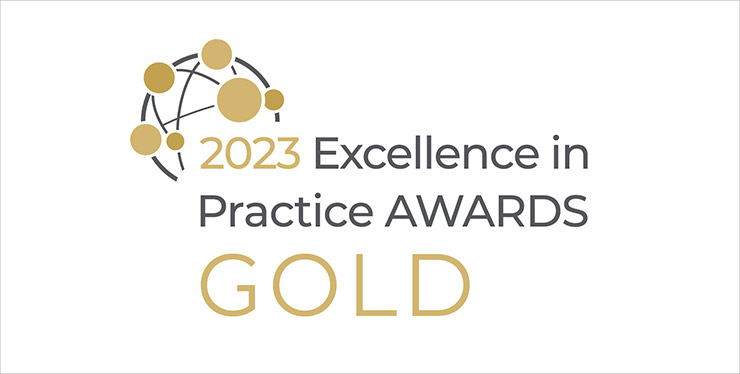John Weeks is Professor of Leadership and Organizational Behavior. He works at the intersection of leadership, organizational culture, and change. He helps leaders understand how they can manage themselves to lead others more effectively and to have a positive and intentional impact on the culture of their organizations.
He believes leadership is about helping people to change their mindsets, and that the most important legacy of a leader is the culture they help create around them. Defining organizational culture as what people say and do when they think their bosses are not looking, he argues that leaders influence culture even when they don’t mean to. Leaders are role models – even, or maybe especially, when they don’t intend to be. And the more senior we become, the more we are in the spotlight all the time. Weeks’ work helps leaders to be their best selves as often as possible in order to have a consistent, insistent, and persistent influence on the culture they want to create.
The basis of leadership is the capacity of the leader to help people change their mindset. The most enduring legacy of a leader is the culture they leave behind.
Weeks’ work has focused on the future of the office in the wake of the COVID-19 pandemic, including a 2021 Harvard Business Review article on the topic entitled Designing the Hybrid Office. He concludes that although we have seen that, for many jobs, individual work and task-related meetings can be carried out well through remote working and without the need for a daily commute, the office retains an important role for functions that technology cannot easily replicate such as driving culture, strengthening relationships, and fostering learning. And this means that office design, technology, and management practices need to evolve so that offices can become equally effective as social, learning and innovation spaces.
He has worked with a long list of clients in Europe, the Americas, and Asia, including ABB, Actelion, Aggreko, Alcatel-Lucent, AXA, BAT, BMW, Bolton Group, Bühler, Grosvenor, Group SEB, Firmenich, Georg Fischer, Hempel, Holcim, Iberdrola, Imerys, KPMG, Kone, LafargeHolcim, LDC, LEGO Group, Maersk, Mars, Mazda, Neste, Nestlé, Nokia, Novartis, Orion, Pon, PwC, SABIC, Société Générale, STADA, Tenaris, Tetra Pak, Van Oord, VAT, X5, and WWF.
Weeks is also Associate Director of IMD’s High Performance Leadership (HPL) open program, an intensive six-day program for experienced senior leaders, and until recently served as a board member at LEO Pharma.
His book, Unpopular Culture, on the corporate culture of a British bank, won widespread praise from the Financial Times, The Economist, BBC Radio 4, The Guardian, The Spectator, Times Higher Education, The Boston Globe, Atlanta Journal-Constitution, CIO Magazine, and Business Digest (France), as well as the American Journal of Sociology, Administrative Science Quarterly, Contemporary Sociology, and Work and Occupations. The Financial Times said that the book’s thinking applies to all companies in all countries.
Weeks’ work has also been published in Harvard Business Review, the Financial Times, the Academy of Management Review, and Organization Studies. He previously served as a senior editor at Organization Studies and a member of the editorial board at the Journal of International Business Studies.
Before joining IMD in 2007, he was Assistant Professor of Organizational Behavior at INSEAD for 11 years. He has a background in technology and training as an organizational ethnographer, holding a PhD in management from the MIT Sloan School of Management, an MPhil in management from the University of Oxford, and a BA in computer science from the University of California, Berkeley.
Les dirigeants savent que certains changements seraient bénéfiques à leur entreprise mais que leur mise en pratique reste difficile à cause de la résistance au changement. L'inertie, les blocages p...
Teams sind dann besonders innovativ, wenn die Mitarbeiter spontan mit anderen Kollegen Gedanken austauschen und Ideen diskutieren können. Doch die Gestaltung der Arbeitsplätze und das Verhalten der...
La velocità in azienda la ricetta di Bolt ai manager fl usiness e sport spesso si intersecano, in entranJL bii casi stare altop nonè facile L'uomo pi veloce del mondo, la medaglia d'oro olimpica Us...
Leading European companies publicly express their sense of purpose. Expressions of purpose balancing the interest of different stakeholders and customer-focused expressions of purpose were dominate...











